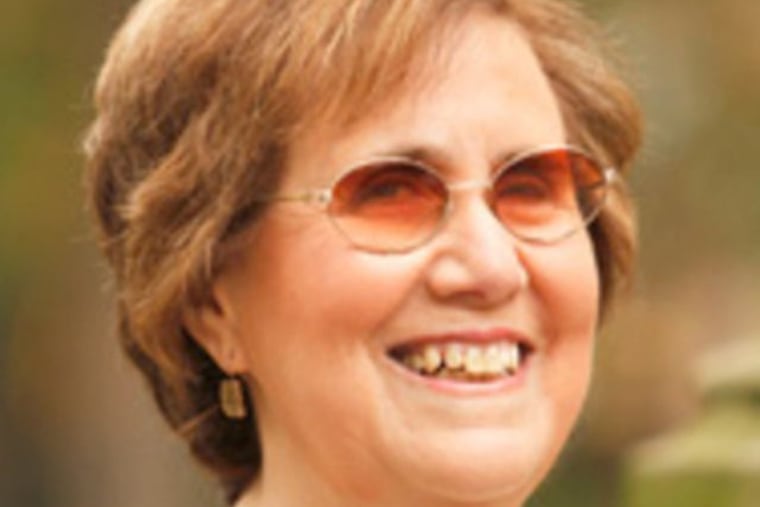How 20 years of blindness prepared this Philadelphia woman to adapt to pandemic life | Patient Perspective
Blindness has taught me the importance of being able to respond to surprises. This has been particularly helpful during the pandemic, which has required us all to adapt to unexpected circumstances.

After I went blind 20 years ago, I was trained at a rehabilitation center. At the end of 11 months of training, I was expected to travel a “monster route,” in which I would visit four or five different places and demonstrate my skills at traveling independently with the white cane using public transportation. Both the training staff and I knew that mobility was not my strong suit. We all thought my plan was simple enough that I could succeed without getting maimed, killed, or hopelessly lost. Although my planning was extensive it still wasn’t sufficient preparation for what actually occurred.
Looking back two decades later, I realize that the “monster route” actually was excellent preparation for the life I would lead — teaching me the importance of being able to respond to surprises. This has been particularly helpful during the pandemic, which has required us all to adapt to unexpected circumstances.
As I traveled my route, I never expected that I would exit the bus and be greeted by a cheerful lady asking if I were there for the special Art Museum tour for the blind. When I said no, that I was going to another museum, she invited me to drop by anyway. It turned out that the other museum was closed. So, I did visit the Art Museum, and was happily surprised to be given a box lunch.
Later in the day, I was puzzled when a sidewalk I was following abruptly ended mid-block, leaving me on a grassy field, not really knowing what to do next. A car pulled up near me and another lady benefactor offered to take me to my next stop: a nearby music store. With a mixture of great relief and some pangs of guilt, I hopped in her car and let her chauffeur me. I knew that accepting a ride was a clear violation of the exercise, which was to use public transportation.
There were also some more disturbing aspects of my journey. One unwelcome interaction came when I was yanked backward by a male stranger who informed me that I was crossing the street against the traffic light and was in danger of getting hit by a car. Another time, a threatening stranger followed me off the bus and menacingly insisted that I walk in the wrong direction, away from my next destination. When I realized that arguing was ineffective in quieting him, I smiled and marched off in the wrong direction per his advice. Getting away from him successfully was more important to me.
The biggest surprise occurred when I hit a moving trolley with my cane. The loud clanking sound it made was alarming. When I found that the cane had developed a significant crack I was further concerned. Later in the day the cane broke in half while I was walking up a flight of stairs, alarming me quite a bit. I walked back down the stairs holding onto the banister, without a cane to help me navigate.
» READ MORE: Vaccine distribution is a mess. Time to call in the National Guard. | Expert Opinion
I certainly did not succeed in demonstrating that I could perform independent travel using only the white cane and public transportation. Yet, I was proud of my performance. We, the trainees, had never been prepared for handling belligerent fellow bus passengers or creating alternatives if one of our destinations were closed. Most of all, we certainly were not taught to create contingency plans if our canes broke in half!
In the end, my parents’ early training was more relevant to my experiences that day. From my mother I learned that life may not fit what we plan for. From my father I learned that when emergencies occur it is very important to think fast, make good judgments, and act accordingly.
It is now 20 years later. My mobility skills are not stellar. Most blind people who have gone through training get around better than I do. But I am still alive and have not been maimed, nor suffered significant injury.
That “monster route” taught me that being able to respond to surprises is both necessary and helpful, and that I must be prepared to encounter unpredictable contingencies.
I meet kind people at totally unexpected moments and it is rare that I have menacing experiences.
I have had to adapt to a higher level of surprise since I have been blind, but have found this is tolerable. Sometimes I would prefer to just take a relaxing walk without having to be open to events that might require instant response and flexibility. But I accept this situation. Being pushed by blindness into being a more adventurous person is not a bad fate. I know I can handle it because, after all, I passed the test of the “monster route.”
Joanne Perilstein is a practicing psychologist in Philadelphia.